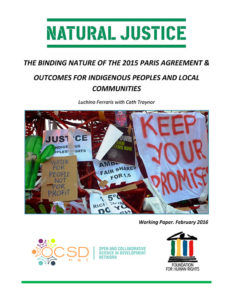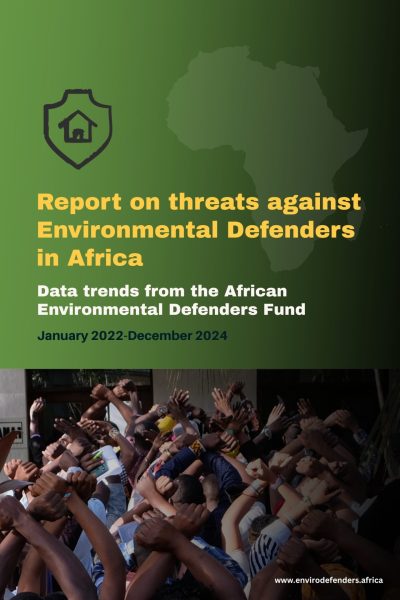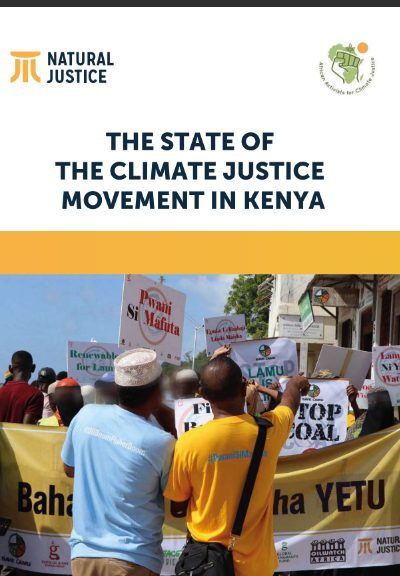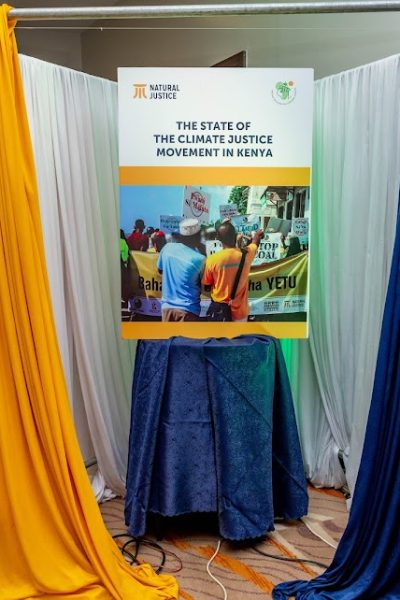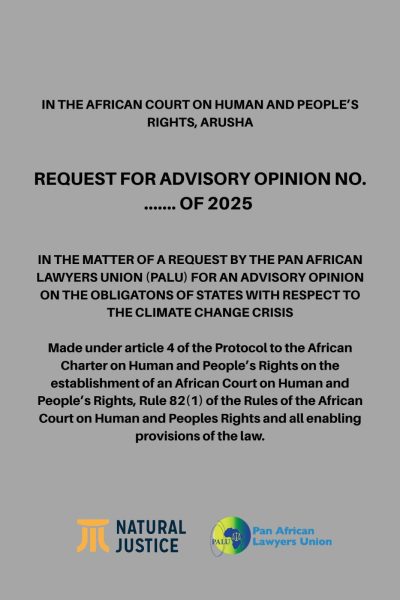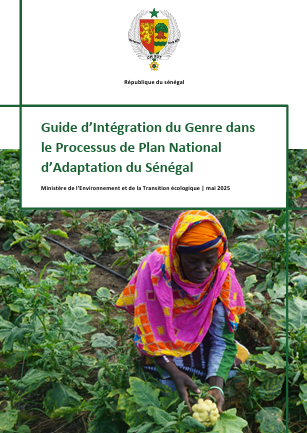This paper will briefly assess the scope of the Paris Agreement outcomes under a legal perspective, with a particular focus on its innovations for indigenous people and local communities. In order to evaluate this issue, the most relevant outcomes of the Agreement will be preliminarily summarized, specifically distinguishing provisions which have a binding nature from those which just encourage parties to commit themselves or even represent hortatory or aspirational statements. To this aim, on the one hand, the wording of the provisions will be taken in consideration – and in particular, the distinction between “shall” and “should”, which in the UN language separates pure duties from mere encouragements. On the other hand, the overall “justiciability” of provisions will be evaluated, i.e. the existence of a sufficiently determined content so as to be able to assert if a Party is complying with it or not.
In the light of this analysis, the reflections of the Agreement on indigenous peoples and local communities will be highlighted.

